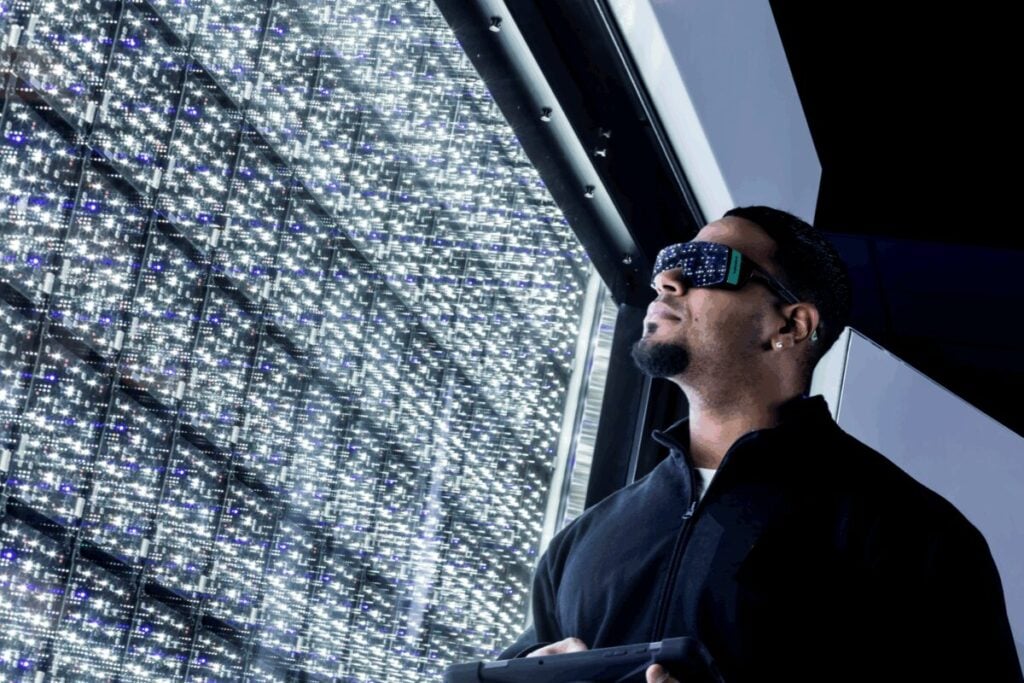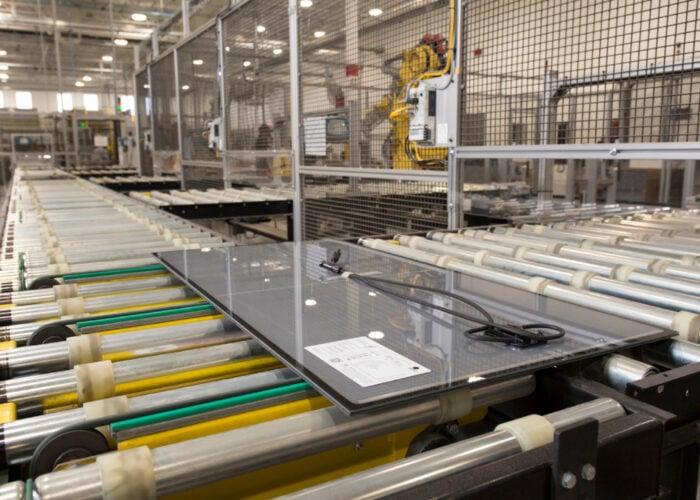
Dutch solar cell and module testing firm Eternal Sun has acquired German solar simulator provider Wavelabs, which has resulted in the formation of a new subsidy, Wavelabs Eternal Sun, based in Leipzig, Germany.
Wavelabs delivers simulators that project LEDs onto solar cells and modules to simulate the rays of the sun hitting the components, to better inform decisions about the function and efficacy of these components. The company’s Sinus-360 Advanced simulator received an award for innovation at the 2023 edition of the Intersolar Europe trade show, and the company’s products have been used by organisations such as Fraunhofer ISE in its research.
Try Premium for just $1
- Full premium access for the first month at only $1
- Converts to an annual rate after 30 days unless cancelled
- Cancel anytime during the trial period
Premium Benefits
- Expert industry analysis and interviews
- Digital access to PV Tech Power journal
- Exclusive event discounts
Or get the full Premium subscription right away
Or continue reading this article for free
“With Wavelabs joining the Eternal Sun family, we can offer our customers an unmatched range of cell and module testing solutions,” said Florian van Rijn van Alkemade, CEO of Eternal Sun, who noted that the acquisition will build on what Eternal Sun called its “expertise” in the testing space. “Both companies share a passion for precision, innovation and service.”
The news follows Wavelabs’ launch of its Sinus-1000 Advanced mini-module, a testing platform for thin-film technologies at an earlier stage of development, including perovskites. The company showcased the platform at this year’s Intersolar Europe trade show in Germany, following considerable discussions of the potential of the technology held at last year’s event, and the importance of investing in new technologies discussed at this year’s edition.
There has also been increased scrutiny of the quality of cell and module testing in recent days. This week, research from Kiwa PVEL found that 83% of module manufacturers returned at least one test failure in its 2025 Module Reliability Scorecard, up from 66% in the previous year. Tristan Erion-Lorico, VP of sales and marketing at Kiwa PVEL, told PV Tech Premium that manufacturers’ efforts to “remove costs from those modules” had contributed to this fall in module reliability.






